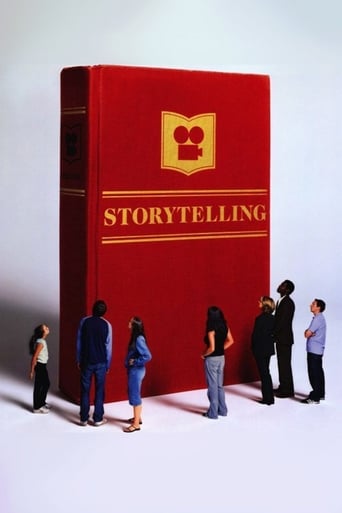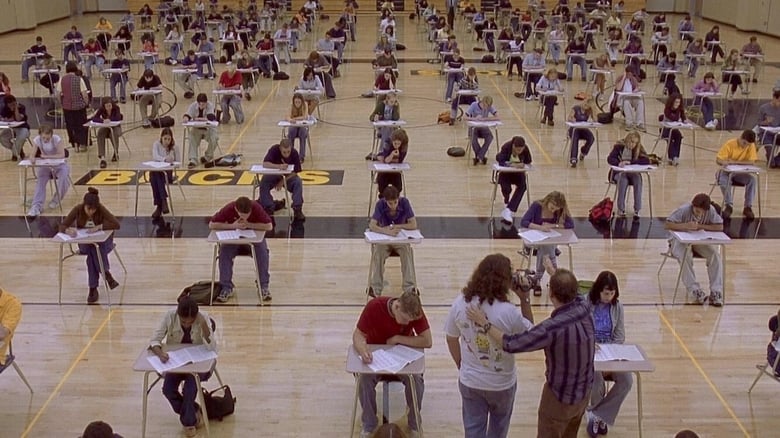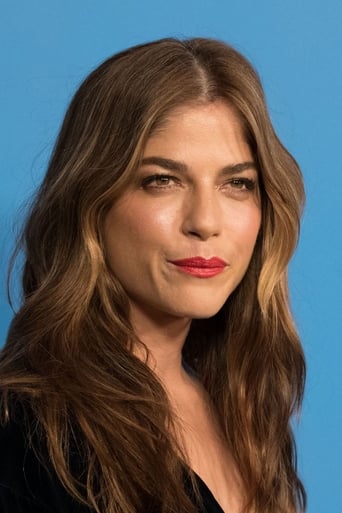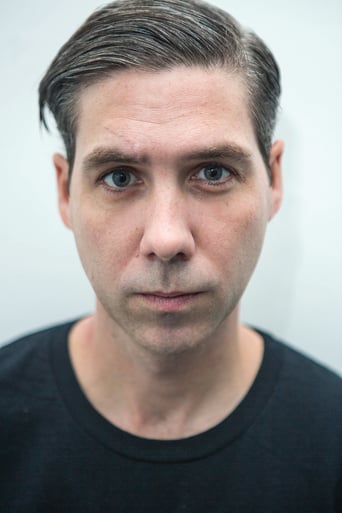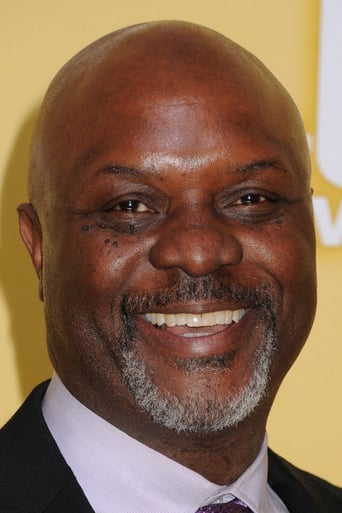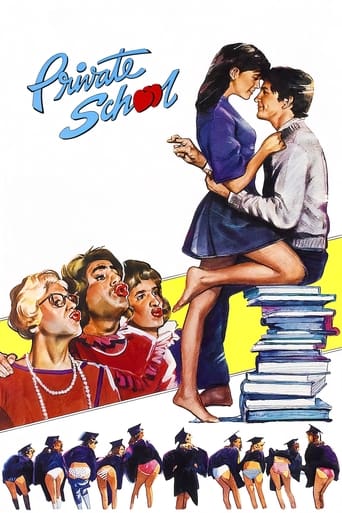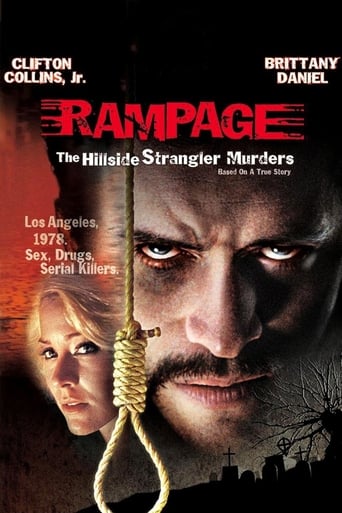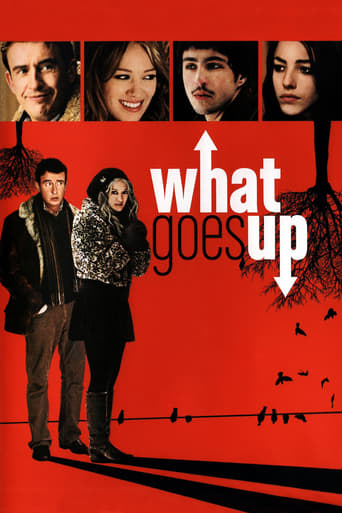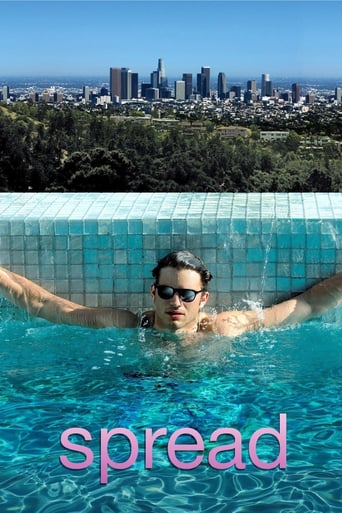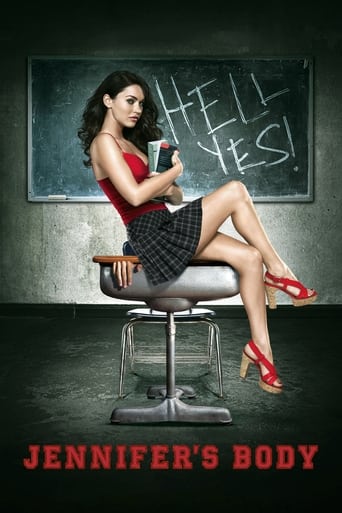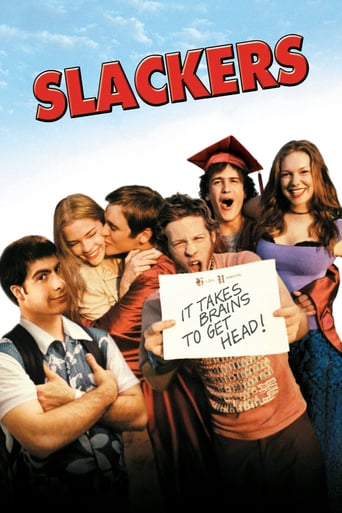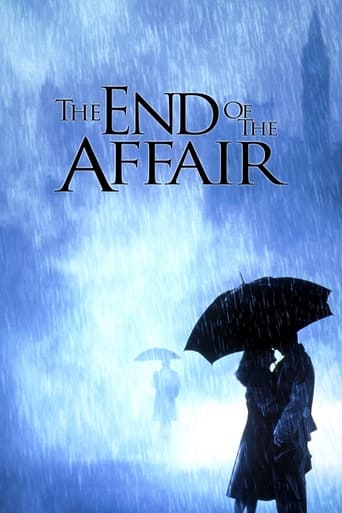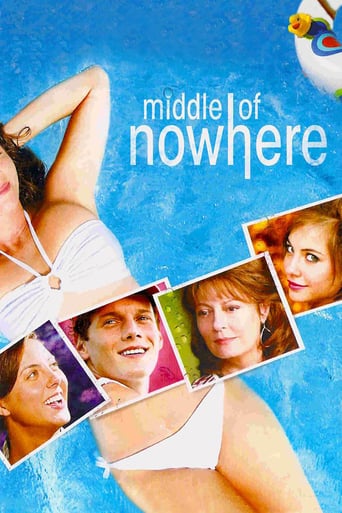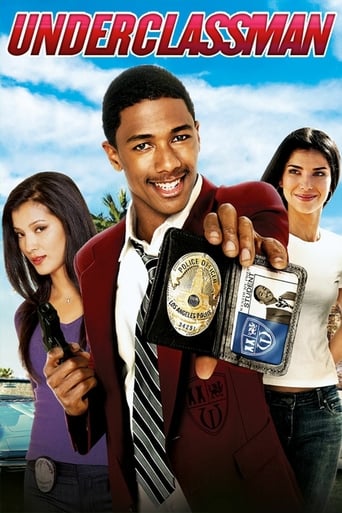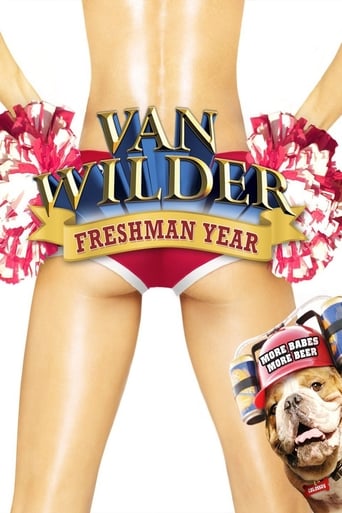Storytelling (2001)
College and high school serve as the backdrop for two stories about dysfunction and personal turmoil.
Watch Trailer
Cast


Similar titles
Reviews
I love this movie so much
Best movie ever!
It's simply great fun, a winsome film and an occasionally over-the-top luxury fantasy that never flags.
A clunky actioner with a handful of cool moments.
What makes Storytelling stand apart from other Solondz works is that it is a more explicit commentary on film-making, documenting, any kind of storytelling. With this film, we get a meta-presentation of the craft (Mulholland Drive comes to mind here).In the "fiction" portion, we have a student writing about a personal experience in a college writing class. The experience is explicitly shocking in its racial and sexual questioning, but even the 'shockingness' of it is questioned by Solondz. Unsurprisingly, Solondz beats us to the punch, already mapping our responses. The writing class responds to the story much like many of the reviewers here, using language like "self-indulgent" and "shock with no substance". Solondz then brings up the question, "how can this be if it really happened?" What Solondz is depicting the grimy underbelly of suburbia, true in character, only appearing absurd and contrived when high in density. But once again, Solondz jabs us with the theory that "once you begin writing it all becomes fiction." Within this first short section of this movie, Solondz has set everything up for us: an impenetrable, self-referential mobius strip of a movie.In the second portion of the film, we are told the story of the documentary. Despite the family being documented in a "non-fictional" way, we get caricatures of their beings. The director generally does 'care' about his subjects but like the typical Solondzian ending "don't be sorry, your movie's a hit", we see the struggle of a filmmaker seeking to please his audience as well as 'staying true' to the art.What is ironic here is that Solondz' characters aren't really "mean-spirited" and "banal" people. It is more likely that these adjectives can be applied to the audience who doesn't see 'the truth', who overlooks the diluting processes of documentation; the writing class, the test-audience, you and me. Self-referential paradigms are often over-deterministic and thus seemingly unnecessary, but Solondz has a more lighthearted manner to his display. He isn't really misanthropic; he understands the value, the necessity of discussion, enough to create characters and movies of an accessible complexity. He may be a bit bitter, shrugging his shoulders and saying "don't listen to me, what I know?", but what he really means is "C'est la vie, so what are you going to do about it?"
Writer/director Todd Solondz last rocked my world with Happiness, which was the sharpest, most unflinching black comedy I'd ever seen. He does it again with Storytelling, keeping his impeccable edge while exploring some intriguing new turf. No doubt wary after his previous ventures, Solondz attempts to circumvent some of the criticisms that less savvy viewers are bound to make. Sure enough, they go ahead and make them; the reviews are polarized. But the film is a masterpiece.The film has two parts. The first part, titled Fiction, focuses on a creative writing student Vi (Selma Blair), her Cerebral Palsy-stricken boyfriend Marcus (Leo Fitzpatrick) and their professor Mr. Scott (Robert Wisdom).The classroom setting provides an unusual venue: a story writing workshop within a story. Solondz puts one of the characters through a perversely traumatic experience, which we witness as viewers of the movie. Before we have a chance to pass judgment on Solondz, his character writes about the event in the 3rd person and reads the story in class. All accusations one might level against Solondz (namely: bad taste, plus every "ism" in the book) get made by the fellow students, who detest the story. But in the context of the movie, they're condemning an account of an event that actually happened! Very clever...In spite of some of the grotesque twists, I found myself laughing out loud fairly often. Solondz has a gift for rendering subtle ironies that become overwhelmingly funny.The lead characters are fascinating and multi-layered. Vi seems innocent, but if you pay close attention, you'll notice she's not particularly sincere. One would like to root for Marcus, but his condition doesn't excuse him for being a lousy writer and a self-absorbed a**hole. The professor may be a monster, but he is also very frank.The second part Nonfiction is also highly self-aware. It covers the making of a two-bit documentary. In the process, the dialog once again anticipates many of the charges some will make against Solondz (that he exploits his subjects and creates a sensational freak show for us to snicker at). There's a cameo role with Mike Schank, who was featured in real life in American Movie. The similarities between the documentary American Movie, the fiction Storytelling and the documentary within a fiction (tentatively titled American Scooby) are uncanny.Scooby (Mark Weber) is the ultimate apathetic suburban slacker teen. While very much spoiled and sheltered, he is also alienated from, and resentful of, his elders. He perks up a bit when there are no grownups around, but most of the time the "stupid" barrier is up and his eyes are half-closed and red from smoking pot. He's such a lost cause, he attracts the attention of an aspiring documentarian (Paul Giamatti).As you might expect, the rest of Scooby's family is a real piece of work. Scooby's dad (John Goodman) is loud and domineering. His mom (Julie Hagerty) is idiotic. His younger brother Brady (Noah Fleiss) is a jock, perhaps the closest to what we'd like to consider "normal".The brainy youngest brother, Mikey (Jonathan Osser) is a real standout. He tags around with the overworked El Salvadorian housemaid Consuelo (Lupe Ontiveros) and asks her lots of questions. His curiosity is cute, but his conceited insensitivity truly boggles the mind.Solondz definitely favors the sordid, but I'm not sure he does so gratuitously. I think he simply refuses to pretend, as so many other do, that the world is a tidy, simple place. (Those who seek to preserve such a notion are guaranteed to abhor his work.) But is it fair to berate Solondz just because he dares to present what others systematically avoid? Whose vision is more skewed: Solondz for pointing out the dog***t on our shoes, or the mainstream for ignoring it?I wish I could agree that his writings are contrived and distorted, but I don't think they are. Through the media, through the grapevine and sometimes with my own eyes, I've seen events that are every bit as twisted and "wrong" as those Solondz creates. Everywhere I look, I encounter people who could easily be incorporated into a Solondz script.Every storyteller recreates the world according to his/her own vision. Todd Solondz just happens to be vastly more perceptive and talented than most. Storytelling is one of the most insightful, clever and thought-provoking films I've ever seen. Watch it multiple times for maximum yield.
The one word that pops into mind when thinking about Todd Solondz's "Storytelling" is "disappointing." Two words, "thoroughly disappointing." I am a fan of Solondz's earlier films "Happiness" and "Welcome to the Dollhouse," but "Storytelling" lacked that intangible something. However, what it did have was pretension. I guess one could have seen it coming with ol' Todd, and it showed in spades during this film. There was no point that I felt connected to ANY of the characters. Actually, I didn't like or passionately despised all of them. Was that the point? Was I supposed to waste an hour and a half of my life watching the lives of characters I didn't like? Not only did I feel nothing for the characters, but the "horrible" things that happen to them (typical in Solondz fare) brought forth nothing but apathy. The story was stale and went absolutely nowhere, which was a tremendous waste of a great cast. It's categorized as a comedy, but there were very few laughs. I did, however, find it funny when Marty (John Goodman) derides Tobe (Paul Giamatti) for lacking focus. Though, I doubt that was an intended chuckle. I don't know, some people might like this movie, Roger Ebert did. Then again, he did give "Godfather III" three and a half stars...Bottom line, the film showed nothing, achieved nothing, and was essentially about absolutely nothing. However, if you're into artsy films, even though they are crap, go ahead and waste your time.
It's not so much that this movie chose to depict a rather nefarious view of humanity; it's that this movie eliminated the possibility of anything but in the world of the characters. If someone made a movie, in this day and age, in which all the characters were happy, secure, whole and loved, a lot of people would be bored. And say that it's not very realistic. Well I was bored. A deep and subtle boredom, that (upon waking) causes one to question whether they're bored; cause that would mean feeling something...when it kind of just feels like nothing.This movie was boring. And it wasn't very realistic.

